Need to Revive Lawn, Kill Weeds
Dustin
6 years ago
Featured Answer
Sort by:Oldest
Comments (20)
Dustin
6 years agoRelated Professionals
Glen Ellyn Landscape Architects & Landscape Designers · Hayward Landscape Contractors · Waterford Landscape Contractors · East Norriton Landscape Contractors · Quartz Hill Landscape Contractors · Lake Forest Swimming Pool Builders · Fair Oaks Fence Contractors · Lenexa Fence Contractors · Reisterstown Fence Contractors · Galt Landscape Contractors · Hoffman Estates Landscape Contractors · Lemay Landscape Contractors · Long Branch Landscape Contractors · Oak Harbor Landscape Contractors · Rockville Landscape Contractorsgardengal48 (PNW Z8/9)
6 years agoDustin
6 years agogardengal48 (PNW Z8/9)
6 years agoDustin
6 years agolast modified: 6 years agogardengal48 (PNW Z8/9)
6 years agoUser
6 years agokimmq
6 years agoUser
6 years agolast modified: 6 years agodchall_san_antonio
5 years agodchall_san_antonio
5 years agoDustin
5 years agolast modified: 5 years agodchall_san_antonio
5 years agoDustin
5 years agodchall_san_antonio
5 years agoDustin
5 years agodchall_san_antonio
5 years agoDustin
5 years agomorpheuspa (6B/7A, E. PA)
5 years ago
Related Stories
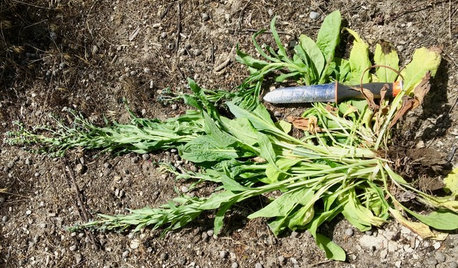
GARDENING GUIDESZen Weeding: The Smart Way to Weed Your Garden
Be mindful about keeping weeds from taking hold in your yard by knowing when and how to get rid of each type
Full Story
EARTH DAYThe Case for Losing the Traditional Lawn
Work less, help the environment and foster connections by just saying no to typical turf
Full Story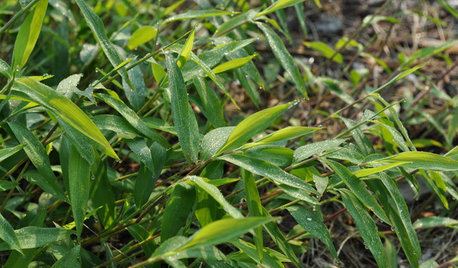
GARDENING GUIDESThe Essential Weed Hit List
Learn how to recognize and control 5 weedy plants that have achieved invasive status throughout the U.S.
Full Story
GRASSESHow to Rock a Lawn
Weekend Project: The key to healthy grass begins with the soil. If turf works for you, here’s how to fix it and keep it looking its best
Full Story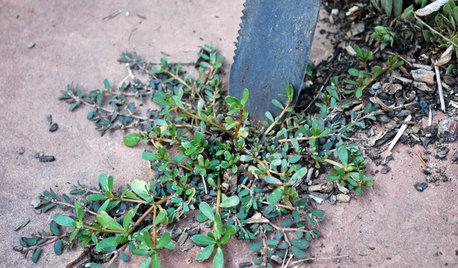
GARDENING GUIDES5 Ways to Naturally Win the Weed War
Show irksome weeds no mercy with these tricks for combating them sans chemicals
Full Story
LANDSCAPE DESIGNGet Along With Less Lawn — Ideas to Save Water and Effort
Ditch the mower and lower your water bill while creating a feast for the eyes with diverse plantings and gathering places
Full Story
GARDENING GUIDESHow to Fix Bare and Yellow Lawn Spots
Restore your turf’s good looks by reseeding unsightly patches
Full Story
EDIBLE GARDENSNatural Ways to Get Rid of Weeds in Your Garden
Use these techniques to help prevent the spread of weeds and to learn about your soil
Full Story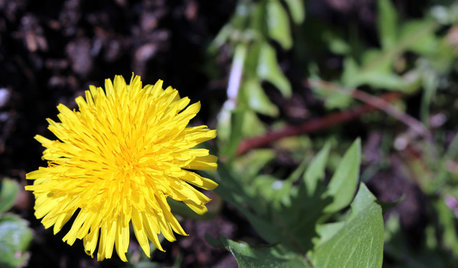
GARDENING GUIDESWhy Your Garden Might Be Full of Weeds
Tired of battling unwanted plants? These surprising reasons for weediness point the way to cures
Full Story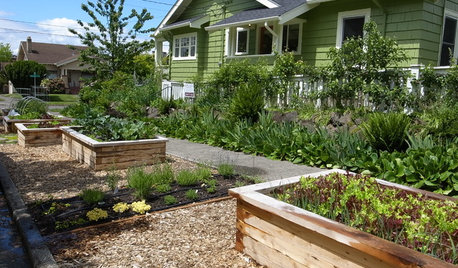
BEFORE AND AFTERSSee 6 Yards Transformed by Losing Their Lawns
Wondering whether a turf lawn is the best use of your outdoor space? These homeowners did, and they found creative alternatives
Full Story





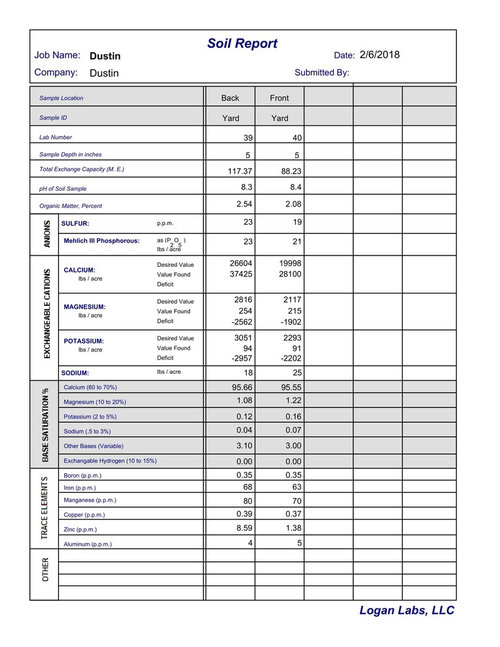

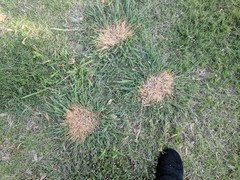

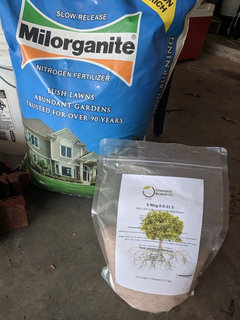
kimmq